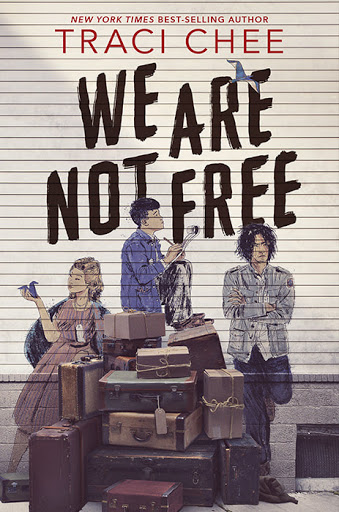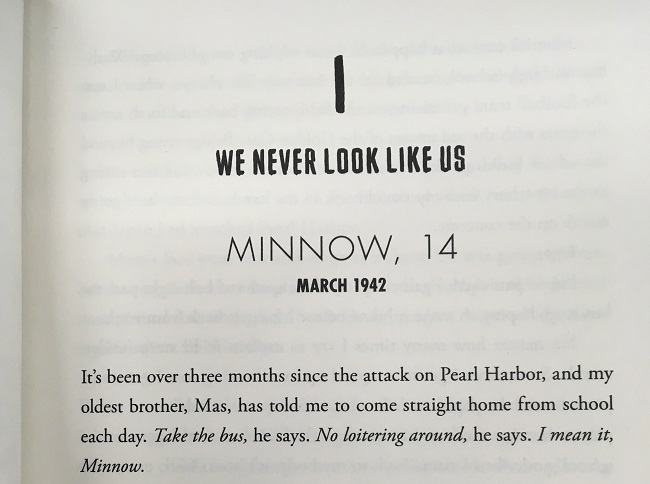Today’s post involves two instances of sharing something with a bookseller.

When talking about DDG’s store mission, one phrase that always comes up is sharing a love of reading with our customers and our community. Here’s an example of why that phrase is the coin of the realm here. I was chatting with a customer named Ellen recently about favorite books we had read and re-read as children. I mentioned that While Mrs. Coverlet Was Away, by Mary Nash was a book that I had never tired of disappearing into, that it still makes me happy just to picture it in my mind’s eye. I shared some of my deep Mrs. Coverlet thoughts with her, how much I loved The Toad and what a great villain Miss Eva Penalty was. I also shared how I had never been able to settle whether book one, While Mrs. Coverlet Was Away, or Mrs. Coverlet’s Magicians, book two, was my favorite. In my heart, I explained, I knew that book one was a better book, but book two was maybe a little bit more fun as it had more Toad and Miss Eva. Ellen declared that she empathized with this sort of titanic intellectual exercise.
When I came to the store on Tuesday morning a used hardcover copy of While Mrs. Coverlet Was Away was sitting on my desk. Ellen had spotted it at a used shop, purchased it for me, and dropped it off before I got to the store. Such a nice gesture. So appreciated. What could be more illustrative of sharing our love of reading and of why we love being Farmington’s independent bookstore?

Another instance of recent sharing began at a Houghton Mifflin dinner at this year’s Winter Institute. Publishers may wonder as to the bottom line benefits of these affairs but I always find that I make a real effort to connect with a dinner’s featured books based on the personal connections these evenings afford. At one point during that dinner I found myself sitting across from author Traci Chee. Traci was there to inspire us with interest in her June 2020 book We Are Not Free, an easy task given the book’s intrinsically interesting topic and Traci’s personable nature. She pointed out the lack of young adult protagonists in previous treatments of the Japanese internment camps. Young children draw a kind of automatic sympathy whereas young adults require a more active and challenging connection. This observation did make one reflect that viewing this highly charged and painfully relevant moment in American time through the lens of young characters with agency was a strong narrative move.
When, last week, I began carrying through on my Winter Institute resolve to give the book a read I had a sudden jolt upon opening the first page.

I was indeed quite surprised to find that I shared something unexpected with the book. The lead character’s name, as you can see, is Minnow. The rub is that I have a Minnow in my life already, pictured below.

Does a lead character’s sharing of my dog’s name have any relevance to a book with such pronounced historical and emotional depth? Look at Minnow. Could any connection with her not be auspicious? Even in the coldest, most austere critical light one has to allow that ludicrous instances of personal relevance influence us as readers even if they have no serious textual relevance whatever. My favorable disposition to We Are Not Free, engendered by a hospitable dinner and a devotion to my dog, will still ultimately depend on the book itself, it’s true, but there is a lot to be said for the sharing of things that lead to our more substantive engagement. After all, we can’t connect with literary worlds we haven’t had occasion to enter. Long live meretricious instances of personal relevance, I say.
